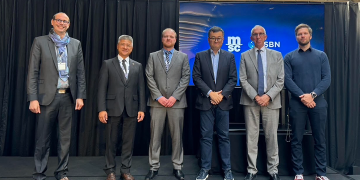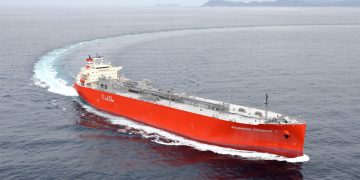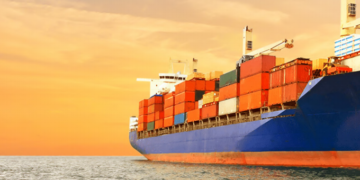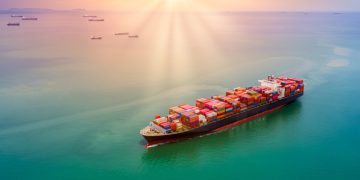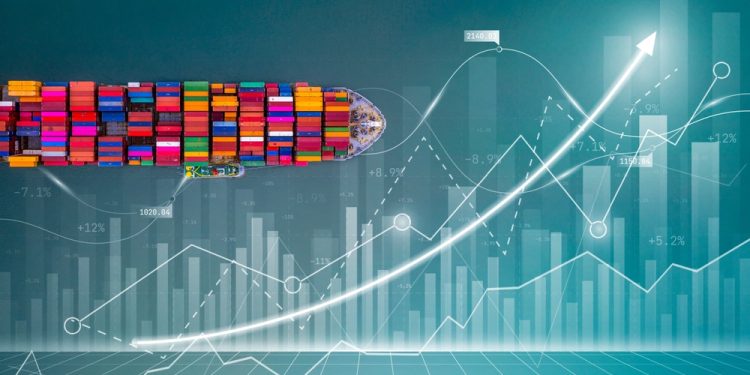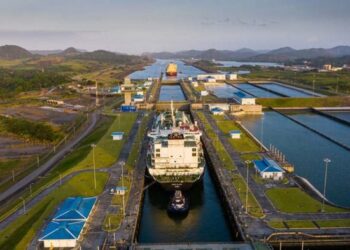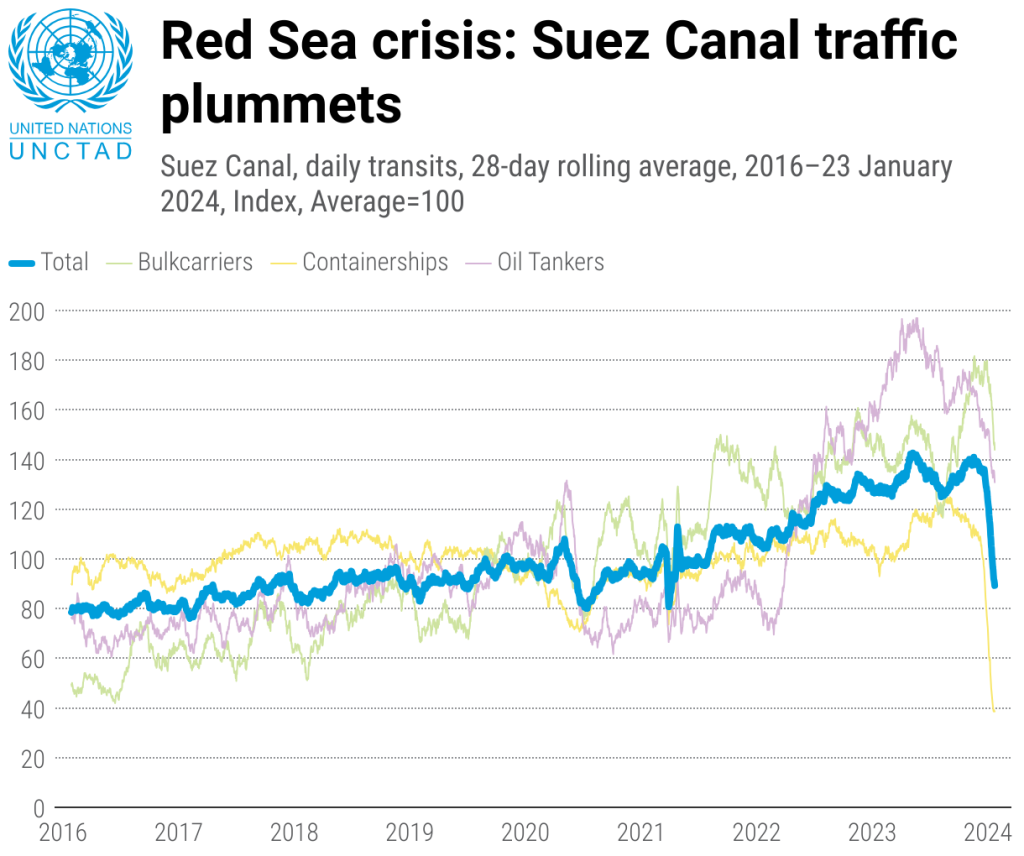 The ongoing conflict in Ukraine has also triggered substantial shifts in oil and grain trades, reshaping established trade patterns. Meanwhile, the Panama Canal, another key artery for global trade, is grappling with a severe drought that has diminished water levels, resulting in a staggering 36% reduction in total transits over the past month compared to a year ago. The long-term implications of climate change on the canal’s capacity are raising concerns about enduring impacts on global supply chains.
The ongoing conflict in Ukraine has also triggered substantial shifts in oil and grain trades, reshaping established trade patterns. Meanwhile, the Panama Canal, another key artery for global trade, is grappling with a severe drought that has diminished water levels, resulting in a staggering 36% reduction in total transits over the past month compared to a year ago. The long-term implications of climate change on the canal’s capacity are raising concerns about enduring impacts on global supply chains.
Container ship transits plummet as freight rates and emissions surge
The crisis in the Red Sea, marked by Houthi-led attacks disrupting shipping routes, has added another layer of complexity. In response to the Red Sea crisis, major players in the shipping industry have temporarily suspended Suez transits. Notably, weekly container ship transits have plummeted by 67%. Tanker transits and gas carriers are also experiencing significant declines.
Meanwhile, shipping prices are increasing. The $500 surge in the average container spot freight rates during the last week of December was the highest ever weekly increase.
Average container shipping spot rates from Shanghai have more than doubled (+122%) since early December. More specifically, the rates from Shanghai to Europe have more than tripled (+256%), while rates to the west coast of the United States increased by 162%, although ships on this route do not go through the Suez Canal.
Insurance premiums have also surged, compounding the overall cost of transit. Additionally, ships rerouted from the Suez and Panama Canal routes are compelled to travel faster to compensate for detours, burning more fuel per mile and emitting more CO2, further exacerbating environmental concerns.
Here we see the global impact of the crisis, as ships are seeking alternative routes
… said Jan Hoffmann, UNCTAD’s head of trade logistics
To remind, the UN Security Council adopted UN Security Council Resolution 2722 (2024) on 10 January 2024, stressing, among others, that the Security Council condemns in the strongest terms the at least two dozen Houthi attacks on merchant and commercial and demands that the Houthis immediately cease all such attacks, which impede global commerce and undermine navigational rights and freedoms as well as regional peace and security.
Global implications: Increases in energy and food prices
UNCTAD underscored the far-reaching economic implications of these disruptions. Prolonged interruptions, particularly in container shipping, pose a direct threat to global supply chains, raising the risk of delayed deliveries and higher costs.
While current container rates are approximately half of the peak seen during the COVID-19 crisis, it will take time for the higher prices to hit consumers, with the full impact expected within a year.
Energy prices are witnessing a surge as gas transits are discontinued, directly impacting energy supplies, especially in Europe, UNCTAD noted.
The crisis is also impacting global food prices, with longer distances and higher freight rates potentially cascading into increased costs. Disruptions in grain shipments from Europe, the Russian Federation and Ukraine pose risks to global food security, affecting consumers and lowering the prices paid to producers.
Finally, another significant issue has risen due to the Red Sea situation. According to AFP, mounting maritime security threats off Yemen’s coast have stalled work on scrapping oil tanker FSO Safer.
Impact on developing countries and the need for collective action
The organization emphasized the urgent need for swift adaptations from the shipping industry and robust international cooperation to navigate the rapid reshaping of global trade dynamics.
The current challenges underscore trade’s vulnerability to geopolitical tensions and climate-related challenges, demanding collective efforts for sustainable solutions, especially in support of the countries more vulnerable to these shocks, UNCTAD highlighted.
Developing countries are particularly vulnerable to these disruptions, and UNCTAD remains vigilant in monitoring the evolving situation
… noted Jan Hoffmann







